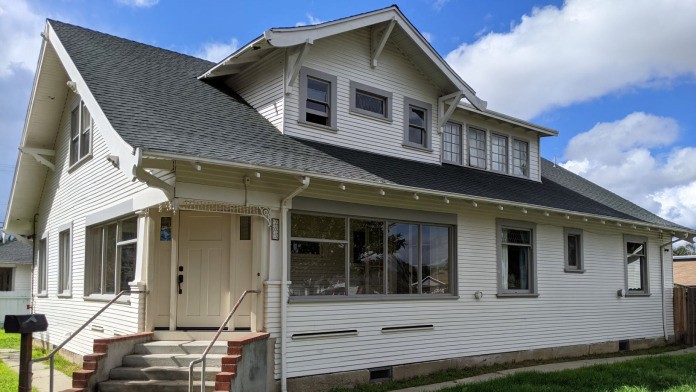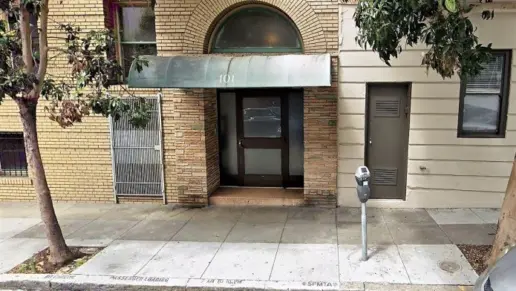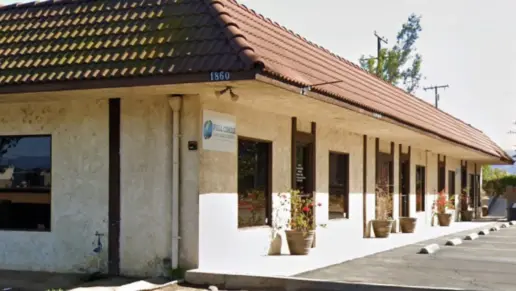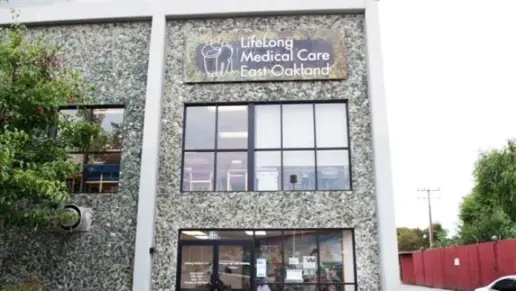About Good Samaritan Services
Good Samaritan Services is a drug rehab facility in Lompoc, California. The center offers treatment for alcohol and substance use disorder. Good Samaritan Services provides detox, inpatient treatment, outpatient treatment, sober living, case management, 12 Step programs, and aftercare for adults. Additional services are available for homeless/indigent persons, justice-involved persons, gender-specific groups, and Spanish speakers. Telehealth is available. Detox is available only for men.
At Good Samaritan Services, detox clients undergo a personalized evaluation and receive a custom care program. Detox includes counseling and therapy, and case managers provide 24/7 support to ease withdrawal. Self-help strategies, emotional wellness training, and peer support are also available.
Clients are offered inpatient treatment through several different housing units and programs. Clients engage in group and individual therapy, 12 Step treatment, holistic and recreational therapy, and peer support. Case managers may provide emotional wellness training and education programs to prevent relapse.
Outpatient programs consist of group and individual therapy, peer support, holistic therapy, 12 Step support, and emotional wellness training. Good Samaritan Services may provide limited legal services for court-ordered programs. The Turning Point program is available for pregnant women and mothers with young children. Telehealth is available.
Clients and homeless/indigent persons can receive sober living support in Good Samaritan facilities. Amenities include laundry facilities, hot meals, and group participation in therapy and counseling. Vocational training and farm work may be available for residents. Gender-specific sober living and transitional housing are available for three to 12 months.
Good Samaritan Services provides continual care and support through its residential housing programs and partners within its network. Referrals may be available for specialized care in outside facilities.
Good Samaritan Services offers self-pay and financing options, including Medi-Cal. The center may be in-network with insurance providers, such as Aetna, Beacon, BlueCross/BlueShield, Cigna, Humana, Kaiser Permanente, Magellan Health, TRICARE, and Wellpoint. Please contact your insurance provider for specific details concerning out-of-network benefits.
Gallery

Location
Other Forms of Payment
Medicaid is a state based program that helps lower-income individuals and families pay for healthcare. Medicaid covers addiction treatment so those enrolled can use their coverage to pay for rehab. When a program accepts Medicaid the client often pays very little or nothing out of their own pocket.
Self-pay involves paying for treatment out of your own pocket. You can use savings or credit, get a personal loan, or receive help from family and friends to fund your treatment. If you don't have insurance or your insurance plan doesn't cover a specific program, self-pay can help ensure you still get the care you need.
Addiction Treatments
Levels of Care
Treatments
The goal of treatment for alcoholism is abstinence. Those with poor social support, poor motivation, or psychiatric disorders tend to relapse within a few years of treatment. For these people, success is measured by longer periods of abstinence, reduced use of alcohol, better health, and improved social functioning. Recovery and Maintenance are usually based on 12 step programs and AA meetings.
Drug rehab in California teaches participants constructive ways to stay clean and sober. Treatment revolves around helping individuals stop using the substance they are addicted to and learn healthy habits to avoid relapse.
Opioid rehabs specialize in supporting those recovering from opioid addiction. They treat those suffering from addiction to illegal opioids like heroin, as well as prescription drugs like oxycodone. These centers typically combine both physical as well as mental and emotional support to help stop addiction. Physical support often includes medical detox and subsequent medical support (including medication), and mental support includes in-depth therapy to address the underlying causes of addiction.
Substance rehabs focus on helping individuals recover from substance abuse, including alcohol and drug addiction (both illegal and prescription drugs). They often include the opportunity to engage in both individual as well as group therapy.
Programs


Clinical Services
Group therapy is any therapeutic work that happens in a group (not one-on-one). There are a number of different group therapy modalities, including support groups, experiential therapy, psycho-education, and more. Group therapy involves treatment as well as processing interaction between group members.
In individual therapy, a patient meets one-on-one with a trained psychologist or counselor. Therapy is a pivotal part of effective substance abuse treatment, as it often covers root causes of addiction, including challenges faced by the patient in their social, family, and work/school life.
Contact Information
203 North N Street
Lompoc, CA 93436


